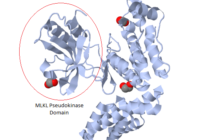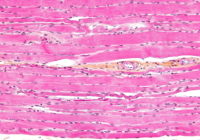What is a Pseudoenzyme, and why?

The latest research in the pseudoenzyme field was presented at what claimed to be the world’s first dedicated pseudoenzyme conference in Liverpool earlier this month, with the ways in which they function and evolve among the topics discussed.






